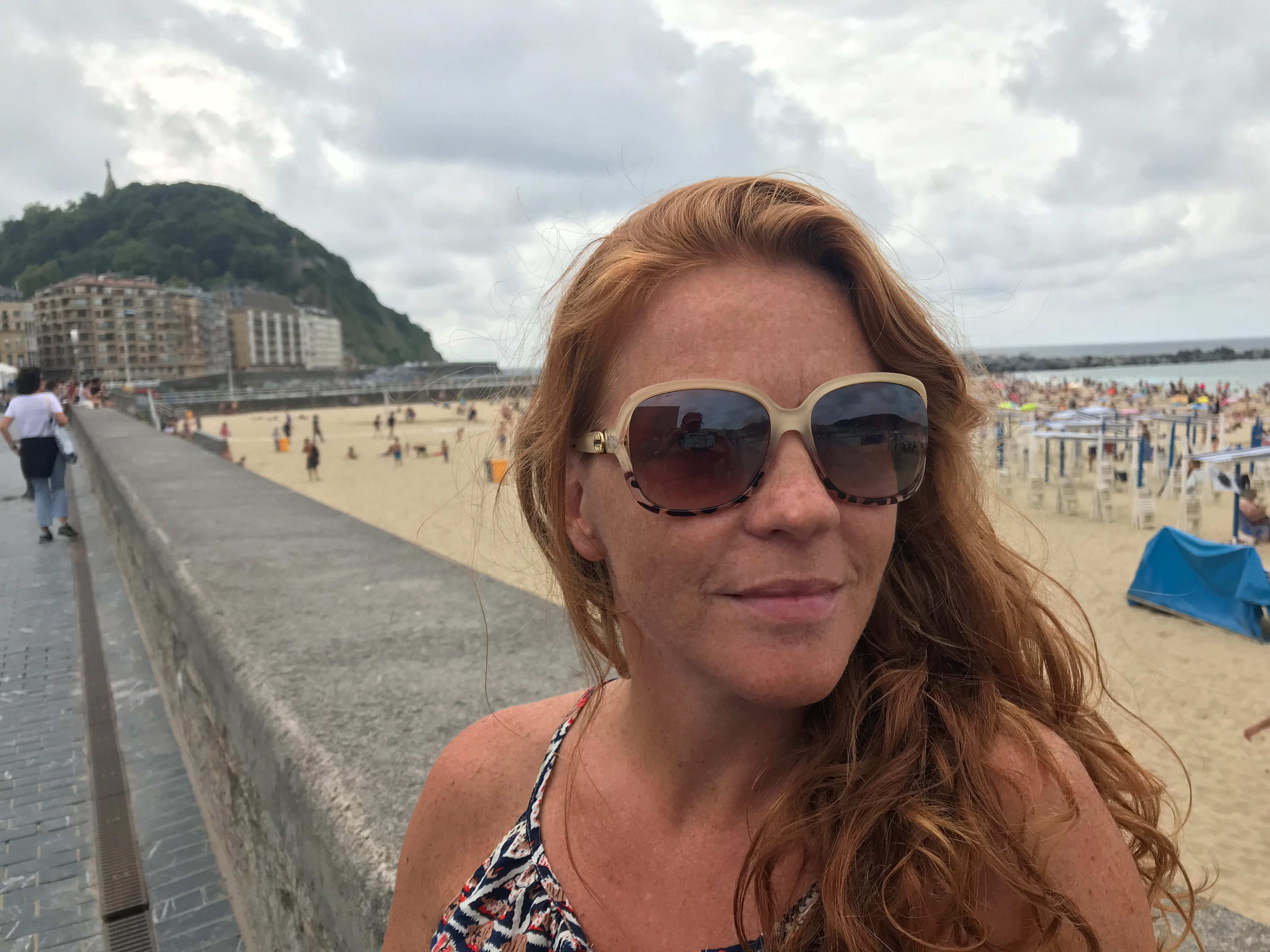AN MOQI, OR ALTERNATIVE HEALTH CHECK UP
- Louise A Stevens

- Jan 18, 2019
- 4 min read
Updated: Oct 22, 2020

What are we without our health? Our health IS what we are and we should take the time and inclination to protect this. If we were able to look into the future would you make small changes now to ensure a healthier life? Chinese medicine always seeks to look for the cause of the problem and this allows us to potentially 'see' where our health could be enhanced to avoid future issues. An MOQi, or alternative health check up, could provide you with some useful tools to improve and maintain your health and well being, keeping you 'fit for life'! A recent patients experience of an MOQi
Acupuncture and Chinese herbal medicine - it's an area I had no knowledge about before I met Louise. Getting to know her and discussing health, wellbeing and alternative treatments to what GPs offer introduced me to some of the concepts involved in her work, but me being fairly healthy meant I'd never had to call on her for actual treatment.
However, talking to her about her exciting new centre on Weymouth harbourside, and how the new premises meant she could expand her range of treatments, I discovered she was planning to offer people an 'M-O-Qi'. Louise explained that an M-O-Qi is aimed at anyone who feels they'd benefit from an alternative health check, but they're not suffering from anything that's prompted them to visit her for acupuncture or other treatment. Just like your regular dental check-up, the thinking behind an M-O-Qi is that prevention is far better than cure...
An M-O-Qi with Louise starts with a preliminary discussion about your health, diet and lifestyle, followed by tongue and pulse checks. Put together, these all determine the course of the rest of the appointment and potential subsequent treatments.
I arrived for my appointment feeling a mixture of excitement and nervousness. Excited to experience Louise's practice first-hand, but nervous in case we discovered health issues I'd so far been unaware of. But all my butterflies flew off once Louise started asking me about my current health, diet, family health history and aches and pains and discussing areas that I could improve. And the AcuHerbs centre itself feels very comfortable and welcoming - much nicer than my GP's surgery!
Strangely, Louise asked me to stick out my tongue! Apparently I wasn't being rude, rather that looking at a person's tongue is one of the first things Louise does to check their health.
In Chinese medicine, the tongue is a 'map' of the internal body. Among other things, the tongue tells Louise about someone's digestion, how their lymphatic system is working, and the quality of blood circulating around their body. My tongue passed inspection - a normal tongue should be pink, with no cracks in it, with a thin white coating. Louise told me that the best time to look at your tongue is in the morning, before your first coffee! If you're worried about the state of your tongue, go and see an acupuncturist or herbalist - changes in your tongue can appear before any serious medical issues, and it is better to be safe and get an assessment rather than wait and then have to deal with a major problem later.
📷 In the course of the assessment we talked particularly about my extremely poor eyesight, and a family history of cataracts and glaucoma. We also discussed ways to improve blood generation and how to get Qi (energy) moving round my body, concentrating on encouraging healthy spleen Qi. Apparently, if your spleen isn't working efficiently you're more prone to an accumulation of fluids or what's known as damp phlegm - something that's not helped by our local damp climate.
Louise suggested she did some acupuncture on me, saying she would concentrate on 10 specific points on my body to address the areas we'd identified during the assessment. Fascinated, I agreed and settled myself onto the couch. Generally I'm not a big fan of needles but I can honestly say that when Louise put each of the needles in, including one between my eyes(!) to address the eyesight issue, I didn't feel a thing. When Louise applied more pressure to each needle I did feel a pinprick sensation, but apparently that, or a warming sensation, is normal. Once all the needles were in Louise applied something called 'moxibustion' on top of three of the needles. This moxa was a smokeless form of the herb Artemesia mugwort and is lit to warm the acupoints and stimulate more Qi. It also helps to dry damp conditions.
Kitted out with my acupuncture needles I spent an extremely relaxing 20 minutes of peace and quiet (a treat in itself!). And Louise taking the needles out didn't bother me either. All in all, acupuncture was a breeze and I'd definitely have it again!
So what did I get out of my M-O-Qi? Recommendations on how to improve my diet, as per Chinese medicinal principles, to improve Qi. On the menu are soups, broths and stews, oats, sweet potato, liver and kidneys (luckily I'm a fan!). Off the menu go salads, raw fruit, ice cream and dairy (which generate 'damp').
After my appointment I also scooted off to the health food store to pick up a supplement specifically to improve eye health.
I guess ultimately I left with a fascination with acupuncture and alternative ways of treating non-chronic symptoms, and a readiness to use it to prevent things happening in the longer-term.
I'll be back in six months for another M-O-Qi to check everything's moving in the right direction.
To talk to Louise about what an M-O-Qi involves, or to make an appointment, call AcuHerbs on 01305 759405 or email louise@acuherbs.co.uk.



Comments